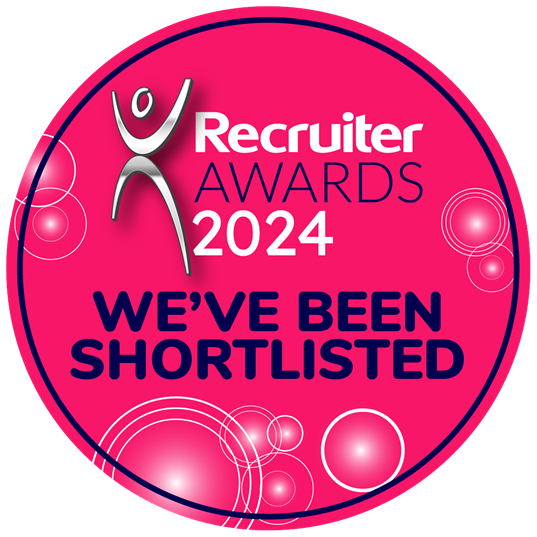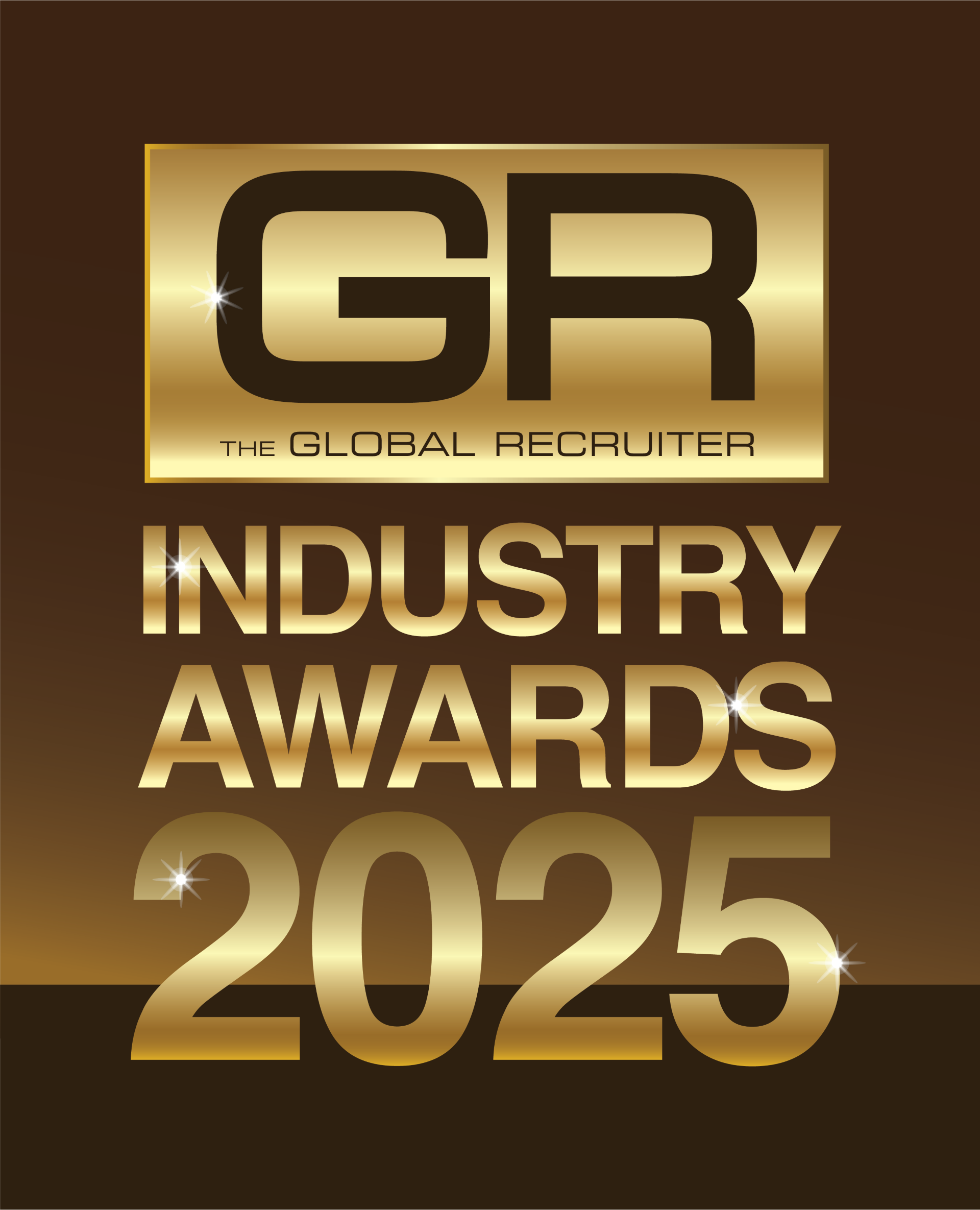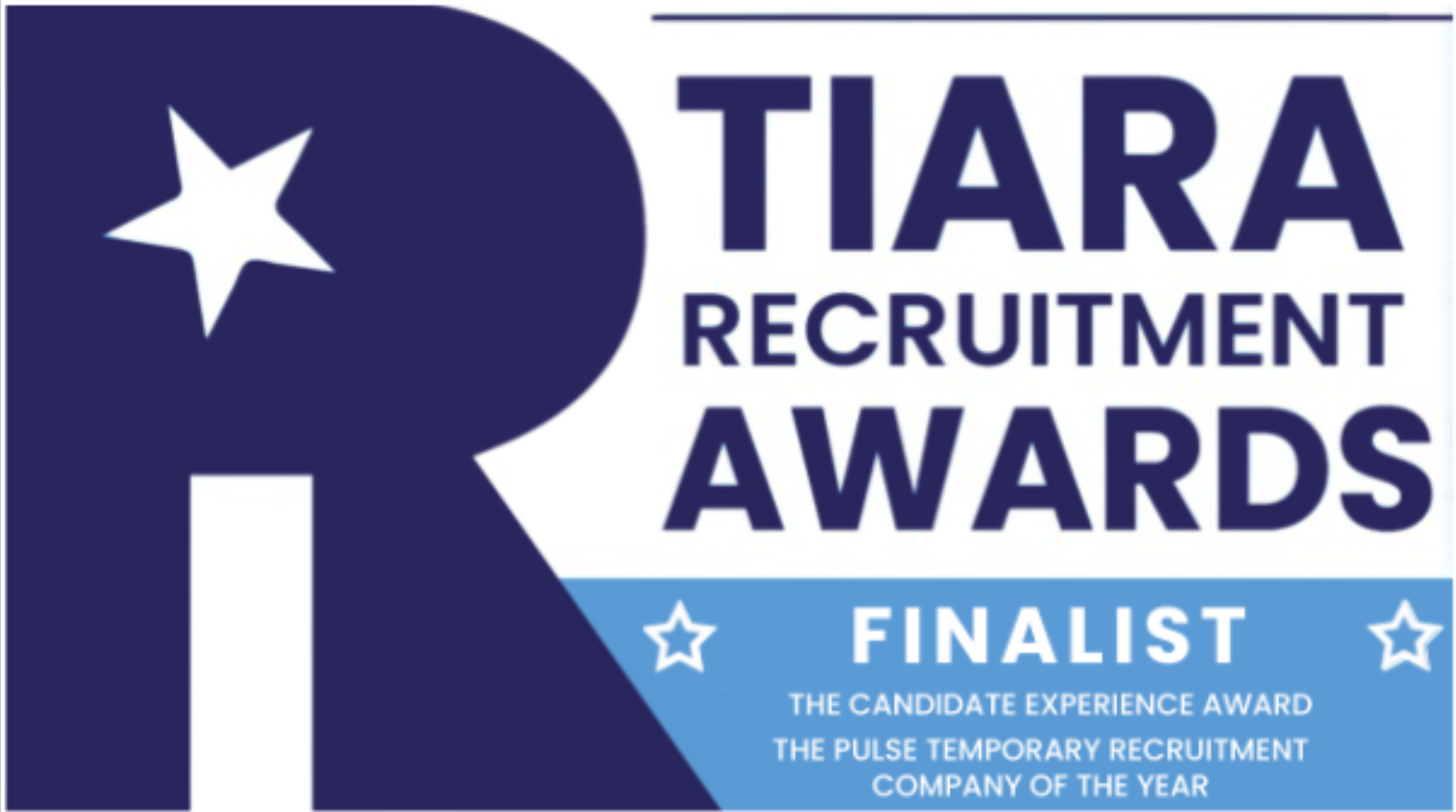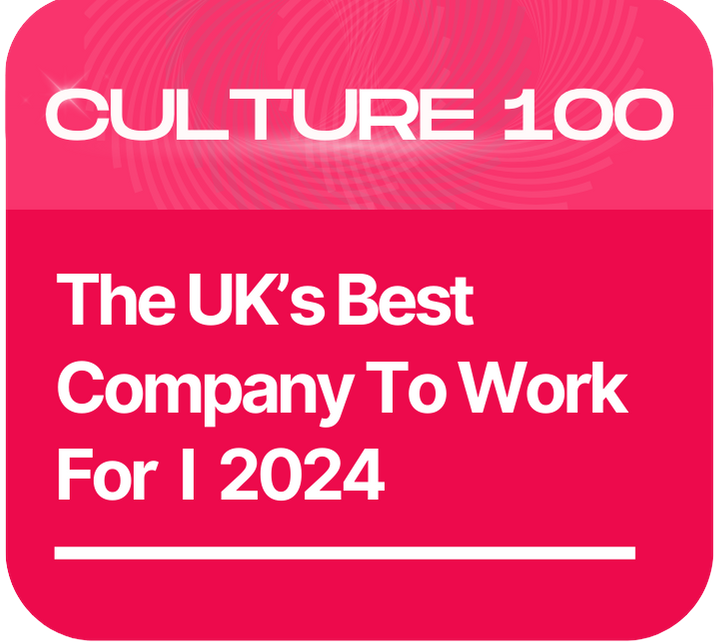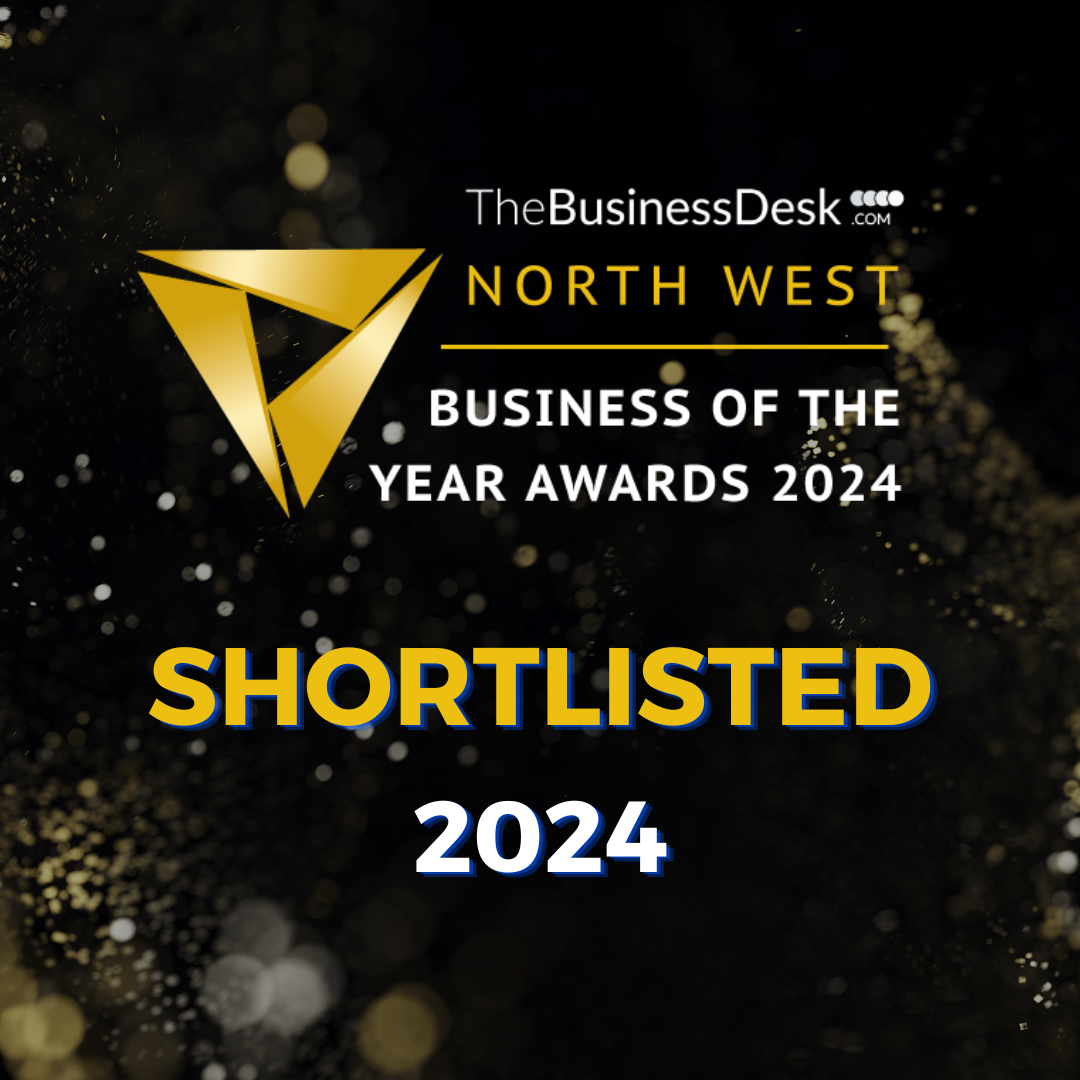Why January Is the Best Time to Look for a New Job

The start of a new year universally ushers in a feeling of promise and opportunity. We set new year resolutions, aim to create healthier habits and, for many, feel the urge to reassess our careers and explore new job opportunities.
Is this a feeling that you can relate to? If so, you’re not alone.
Research continues to show that a significant proportion of employees actively explore new opportunities during January, with activity on company profiles across platforms like Glassdoor and LinkedIn consistently surging during this period. After time away over the Christmas break, many professionals reflect on what they do and don’t enjoy about their current role, prompting a renewed focus on career progression and job searching.
And while this might sound like a crowded time to be looking for a new role, January remains one of the best months to secure your next job.
Here’s why.
More Opportunities
As the end of the year approaches, many businesses use December to slow down slightly, wrap up projects, and defer major decisions until the new year. Hiring often pauses, budgets await realignment, and fewer new roles are released.
That all changes in January.
Once businesses return with refreshed budgets and renewed momentum, the volume of live vacancies rises sharply. Historically, the first few weeks of January consistently see a substantial spike in new job adverts, as organisations prioritise growth plans and recruitment activity for the year ahead.
Recruiters also return motivated and focused, keen to secure candidates quickly and introduce fresh talent to their clients. Job adverts are reviewed, refined, and relaunched with clearer requirements, making January a strong month for visibility if your CV is ready.
While competition can be higher, candidates who have taken the time to update their CV, strengthen their LinkedIn presence, and proactively engage with recruiters remain well positioned to secure interviews and conversations. Click here.
New Budgets
For many organisations, Q1 marks the beginning of a new fiscal year. This often means greater flexibility in hiring budgets, both in terms of salary offerings and the ability to invest in recruitment support.
Leadership teams have clarity on business targets, growth strategies, and the resources required to deliver them. As a result, hiring plans are more structured and purposeful at the start of the year.
For job seekers, this translates into stronger opportunities.
Roles advertised with salary ranges can be particularly valuable during January. These ranges provide greater transparency and give candidates more leverage during negotiations compared to later in the year, when budgets may be tighter. If your skills and experience closely align with, or exceed, the role requirements, January and February can be some of the best months to secure a competitive package.
Strategies and Projects Mapped For The Year
January is also when new strategies, initiatives, and long term projects are set in motion. With a full year ahead, organisations are keen to build teams early and embed new hires into plans from the outset.
Joining a business at this stage allows you to be involved in projects from day one, rather than stepping into something mid cycle.
What does this mean for you?
Career fulfilment plays a key role in overall wellbeing. Feeling valued, involved, and trusted can positively impact everything from performance and confidence to future progression opportunities. Being part of end to end projects also strengthens your CV, providing tangible achievements that support future career moves.
Wait Until Mid-January
Job hunting can easily feel like a full time job.
Updating and tailoring your CV, engaging with recruiters, browsing job boards, preparing for interviews, it all takes time and energy. Motivation can dip if progress feels slow.
For this reason, mid January can be a particularly effective time to start applying.
Many recruiters release roles in the first week of January, meaning that by week two they are actively shortlisting and arranging interviews. Proactively reaching out during this window can help you stand out while recruiters are keen to move quickly.
However, You Need To Consider…
While January offers an abundance of opportunity, competition is naturally higher.
Here’s how you can overcome this:
- Your CV Needs To Sell You.
Ensure your CV is up to date, includes your latest experience (clearly time stamp them) and highlight key technical skills you have. Recruiters will look out for these when initially skimming CV’s before deciding who to reach out to, so make sure yours is clear and precise! - Recruiter Are Your Best Friend.
We can’t say it any louder.. but work with a experienced recruiter to help secure you the best role on the market. They have the contacts and knowledge to put you forward for great positions so utilise this resource. Meet V7’S specialist recruiters here. - Don’t give up!
Losing momentum will only slow you down and hinder you from securing your next role, so make sure you designate time to have phone calls with recruiters and conduct research.
Browse through our latest jobs to find the position that suits you.
Explore Live Job Roles Here
Fire & Security Compliance Guide for 2026
GET IN TOUCH

